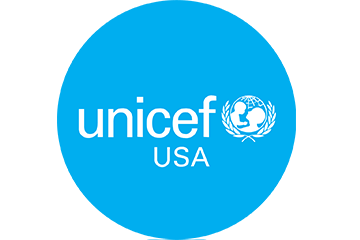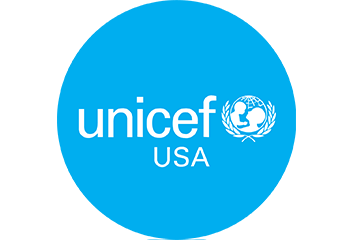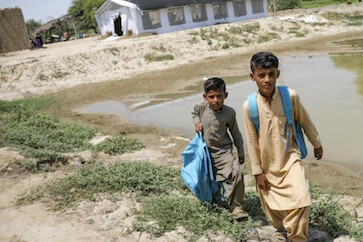NEW YORK (July 20, 2022) – Four consecutive failed rainy seasons have brought on severe drought in Ethiopia’s lowland regions of Afar, Oromia, the Southern Nations, Nationalities, and Peoples’ (SNNPR) and Somali regions. Water wells have dried up and millions of livestock have died, resulting in mass displacement.
“The impact of the drought on children is devastating,” said Manuel Fontaine, UNICEF Director for Emergency Operations. “In Somali region alone, over 900,000 people have been displaced. Drought not only means lack of water. It means that children are going hungry and thirsty every day. They are forced to walk miles in search of food and water and often they have to drink from contaminated water sources. This leads to malnutrition and other killer preventable diseases like diarrhea.”
Malnutrition rates are increasing at an alarming rate due to the drought. Across the four drought-impacted regions, an estimated 600,000 children will require treatment for severe acute malnutrition by the end of the year. In Somali region, there has been a 43 percent increase in severely acute malnutrition admissions for under 5 children in May 2022 compared to May 2021.
“This climate-induced crisis is a malnutrition crisis for children and not just in Ethiopia but across Africa,” said Fontaine. “While UNICEF and partners are already on the ground providing lifesaving nutritional support for severely malnourished children, USAID’s recent $200 million contribution to UNICEF globally is a timely game changer and we are very grateful. This funding will significantly scale up our nutrition response across the world.”
The ripple effect of the war in Ukraine is also set to tip more families in Africa over the edge and will exacerbate food insecurity with increasing fuel prices and reduced availability of wheat imports. Ethiopia imports 67 percent of their wheat from Russia and Ukraine.
“This means prices of cooking oil, bread and wheat flour are reaching new records in local markets and even families not living in humanitarian crisis cannot meet their daily food needs.” said Fontaine.
UNICEF’s drought response appeal for impacted areas in Ethiopia is $65 million in addition to the overall humanitarian appeal of $351 million. This specific funding will target more than 2 million vulnerable people in Afar, Oromia, SNNPR and Somali regions.
# # # #
About UNICEF
The United Nations Children’s Fund (UNICEF) works in more than 190 countries and territories to pursue a more equitable world for every child. UNICEF has helped save more children’s lives than any other humanitarian organization, by providing health care and immunizations, safe water and sanitation, nutrition, education, emergency relief and more.
UNICEF USA advances the global mission of UNICEF by rallying the American public to support the world’s most vulnerable children. Together, we are working toward a world that upholds the rights of all children and helps every child thrive. For more information, visit www.unicefusa.org.
For more information please contact:
Mackenzie Dougherty, UNICEF USA, 212.922.2551, [email protected]





